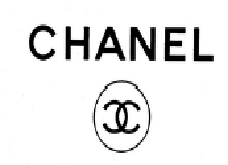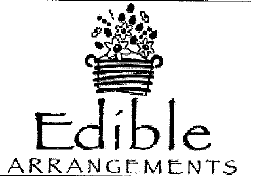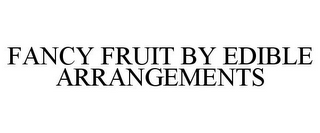
South Bend, Indiana – Trademark attorneys for Integrity Trade Services, Inc. (“ITS”) of Frankfort, Illinois filed an intellectual property complaint in the Northern District of Indiana naming as Defendants Integrity Employment Partners, LLC, Integrity Trade Services, LLC, Janice Hernandez, James Hernandez, Michaela Williams, and Jason Reis, all of Indiana, and alleging multiple claims, including trademark infringement, conversion of ITS trade secrets, breach of contract, and tortious interference with business relationships.
ITS is a national staffing services company, doing businesses in multiple states, including Indiana, Florida, Illinois, and Texas. ITS is wholly owned by John E. Cumbee, III. In 2008, ITS acquired all of the operational assets of the Knox, Indiana branch of a staffing company owned by CES America, Inc. ITS also hired most, if not all, of the CES employees then working at the Knox facility, including defendants James and Janice Hernandez.
ITS contends that, since purchasing the Knox facility, it has invested well over $1 million to build the Knox business and the ITS brand as it is related to that facility. It asserts in this federal lawsuit, inter alia, that Defendants conspired to convert ITS’ customers, employees and trade secrets for their own use.
The accused in this case are husband and wife Janice Hernandez and James Hernandez; several family members of Janice Hernandez, including Michaela Williams, and Jason Reis; and two entities apparently owned by the Hernandezes, Integrity Employment Partners, LLC, Integrity Trade Services, LLC.
Defendant James Hernandez (“James”) worked for ITS from the time that ITS acquired the business until April 30, 2015 when he was fired. ITS asserts that James engaged in a conspiracy to solicit away and convert (a) ITS’ office employees at the Knox location, (b) at least the active ITS field employees servicing the Knox location, and (c) customers comprising the Knox-area business. He is accused of attempting to transfer them to Integrity Employment Partners, LLC, an Indiana limited liability company formed to process the Knox business converted from ITS for his benefit and the benefit of the other co-conspirators.
Defendant Janice Hernandez (“Janice”), also became employed by ITS when ITS was acquired from its prior owner. She has been accused of not only being an integral part of the alleged conspiracy but also of being “likely its “‘mastermind.'” Defendant Michaela Williams is Janice’s daughter. Defendant Jason Reis is the ex-son-in-law of James and Janice, having been married to another of Janice’s daughters.
ITS states that, in the last two weeks in April 2015, it discovered various anomalies in the Knox business. These anomalies alerted ITS to the activities that triggered this federal lawsuit. They included a drop off in weekly gross sales, the formation of Integrity Employment Partners, LLC (“IEP”), and checks issued by existing ITS customers made payable to IEP (and not ITS).
Defendants are accused of orchestrating a scheme to confuse ITS’ customers and employees regarding with which staffing businesses using the name “Integrity” – Plaintiff’s firm or Defendants’ firms – those customers and employees were transacting business. In doing so, ITS contends, Defendants attempted with some success to convert ITS’ business assets and relationships for Defendants’ benefit. Allegations of criminal conduct by Defendants were also made. In a 48-page complaint, filed by trademark lawyers for Plaintiff, those claims and others are made:
• Count I: Federal Trademark Infringement
• Count II: Federal Unfair Competition
• Count III: Illinois Deceptive Trade Practices Act
• Count IV: Breach of Fiduciary Duty
• Count V: Breach of Agreement
• Count VI: Tortious Interference with Contract
• Count VII: Tortious Interference with Business Relationships
• Count VIII: Conversion
• Count IX: Computer Fraud and Abuse Act
• Count X: Uniform Trade Secrets Act
• Count XI: Civil Conspiracy
• Count XII: Unjust Enrichment• Count XIII: Breach of Contract
Plaintiff asks the court for, inter alia, injunctive relief, compensatory damages, punitive damages, attorneys’ fees, interest and costs.
 Indiana Intellectual Property Law News
Indiana Intellectual Property Law News













